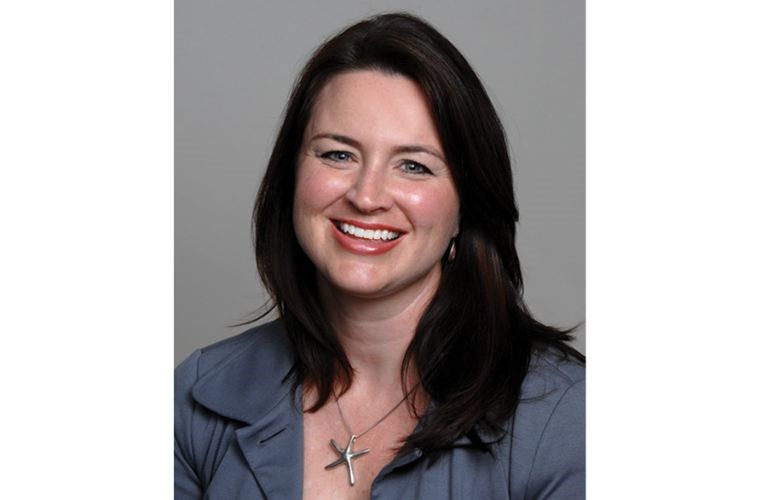Corin and Brian Mullins sold 10 bags of Hapi Food cereal on their first day at the Sechelt Farmer's Market in 2009. Almost immediately they changed the name of their product to Holy Crap cereal and their gluten-free organic cereal's online and market sales increased to approximately 100 bags per month.
It wasn't until Corin and Brian made an appearance on the CBC reality TV show, the Dragon's Den, that their impressive 100 per cent increase in sales was usurped by an unprecedented increase within a week of the show's airing to 2,000 bags a day.
In one week they made a million dollars in sales. They now sell their product line, containing four kinds of cereal, in more than 2,500 stores across Canada.
They employ 20 full time staff and lease five warehouses. In 2012, Holy Crap cereal was named by the Dragon's Den show as the most successful business to ever appear on the reality show. But it wasn't just the extra television publicity that granted Corin and Brian such extraordinary business success.
It was their ability to keep up with demand.
By building, what is called in business, a scalable product and/or service, the Mullins were able to fully capitalize the opportunity of exposure and turn it into results with real longevity.
Scalability is defined by Wikipedia as "the ability of a system, network, or process to handle a growing amount of work in a capable manner or its ability to be enlarged to accommodate that growth."
In business, this means that you set product and service standards at a level that can be multiplied easily with growth. For example, if you begin a chocolate business by offering to gift wrap boxes of your product with high-end wrapping paper and silk ribbons, you must include this extra service as a continued expense in your business plan.
Let's imagine that luckily, a local real estate company orders 1,000 boxes of your chocolates to give to their clients for Christmas.
Are you able to still afford the cost of the paper and ribbon as well as to pay extra staff to wrap and tie those boxes? Apart from the expense, are you able to handle the special request and train staff in enough time to prepare the products? Do you have the space to store 1,000 boxes of chocolates at the right temperature until the client picks up the gifts?
If you can answer yes to these types of questions, then you have a scalable business. If the answer is no, then the product or service you deliver is not scalable and this may have a limiting effect on your business's ability to grow.
The best kinds of scalable businesses have the ability to increase revenue with minimal incremental cost. An example of this would be a software product sold online.
Although the cost to write and develop the software system is initially very high, once it is ready for market the product cost is quite low even with exponential sales. One of the best ways to build a scalable business is to move from working in your business to working on your business.
Build a team of staff that can deliver your product or service without having you around to make every decision.
This is done in part by documenting and automating as much of the product or service delivery as possible, so that new staff can quickly come online and keep up with ease.
It isn't enough to dream about business growth.
True anticipation of growth comes by building scalability into your business at every stage.



